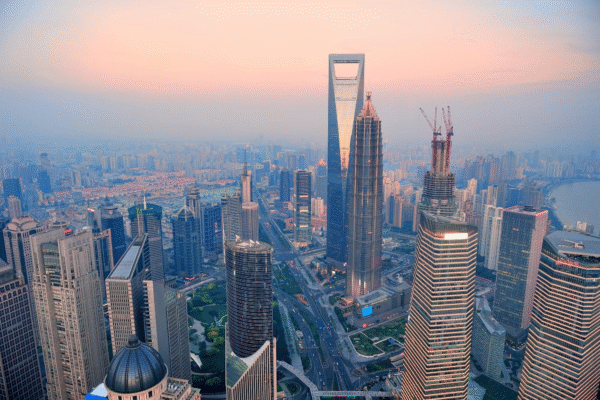Capital Market Reforms Saudi Arabia is witnessing a profound economic transformation under Vision 2030, in which the capital market represents one of the key pillars of this transformation.
The Saudi capital market, primarily managed by Saudi trading companies and the Capital Market Authority (CMA), is the largest financial market in the Middle East and North Africa. It ranks highly among global stock markets.
The series of reforms in this market aim to enhance transparency, facilitate access for foreign investors, and simplify investment processes. This is achieved through the services provided by Saudi companies to investors and by supporting economic diversification away from reliance on oil. In this article, we will review the most prominent of these reforms and their impact on the Saudi economy.
A Brief History of the Saudi Capital Market
The history of the Saudi stock market dates back to 1932, when the first joint-stock company in the Kingdom was established. In the 1970s, the number of companies increased, reaching 14 by 1975, which led to the emergence of an unofficial stock market.
Official regulation began in the 1980s, and the Capital Market Authority (CMA) was formally established by Royal Decree No. (M/30) on July 31, 2003, as an independent government entity reporting directly to the Prime Minister. However, the market faced significant challenges, such as the 2006 crash, which resulted in losses of up to one trillion riyals and the bankruptcy of many traders.
Following these crises, there was a strong impetus for fundamental reforms to enhance stability and governance.
Key Reforms under the Vision 2030 Framework
The recent reforms began with the launch of Vision 2030 under the Capital Market Development Program, which aims to double the market’s value within five years and establish it as a gateway for investments in the Kingdom. Among the most prominent reforms:
- Opening the market to foreign investors
- Allowing established foreign institutional investors to enter the market under strict conditions:
- Ownership of assets under management of at least $5 billion.
- At least 5 years of experience in business and investment.
- Creating parallel markets and facilitating listings
- The Nomu Market was launched as a parallel market for startups in 2020, requiring a direct listing with a minimum value of SAR 30 million.
- Around 20% of shares must be offered to the public, with a mandatory financial advisor, while initial public offering (IPO) procedures were simplified.
- This contributed to the creation of major companies like Aramco, which achieved the largest IPO in history, valued at $29.4 billion.
- Enhancing governance and transparency
- The Capital Market Authority (CMA) issued new regulations to combat fraud.
- Advanced corporate governance standards were imposed on listed companies.
- A Securities Depository Center was established to facilitate settlements.
- Electronic trading platforms were developed, reducing volatility resulting from market liberalization.
- Reforms in real estate financing
- In 2025, the Saudi Real Estate Finance Company (SRC) signed a memorandum of understanding with BlackRock to develop real estate financing programs.
- Institutional participation in the real estate capital market was increased, supporting diversification toward non-oil sectors.
Economic Impacts and Challenges
These reforms have led to significant growth, with the market capitalization rising to 9.8 trillion SAR and the number of listed companies increasing to over 200, along with a rise in daily trading volume.
This has helped attract foreign investments amounting to billions of dollars and supported small and medium-sized enterprises through the Nomu market, in addition to the financial advisory services provided by many financial service companies.
However, challenges remain, such as volatility resulting from oil prices, the need to enhance financial literacy among local investors, and the risks of cyber fraud.
Conclusion
The capital market reforms in Saudi Arabia represent a successful model of digital and regulatory transformation, evolving from a local market into a regional and global one. With ongoing efforts under the Financial Sector Development Program, the market is expected to become even more attractive, enhancing economic stability and achieving the objectives of Vision 2030. For investors, this market offers a golden opportunity to participate in a growing economy, provided they comply with the Kingdom’s regulatory requirements.”


